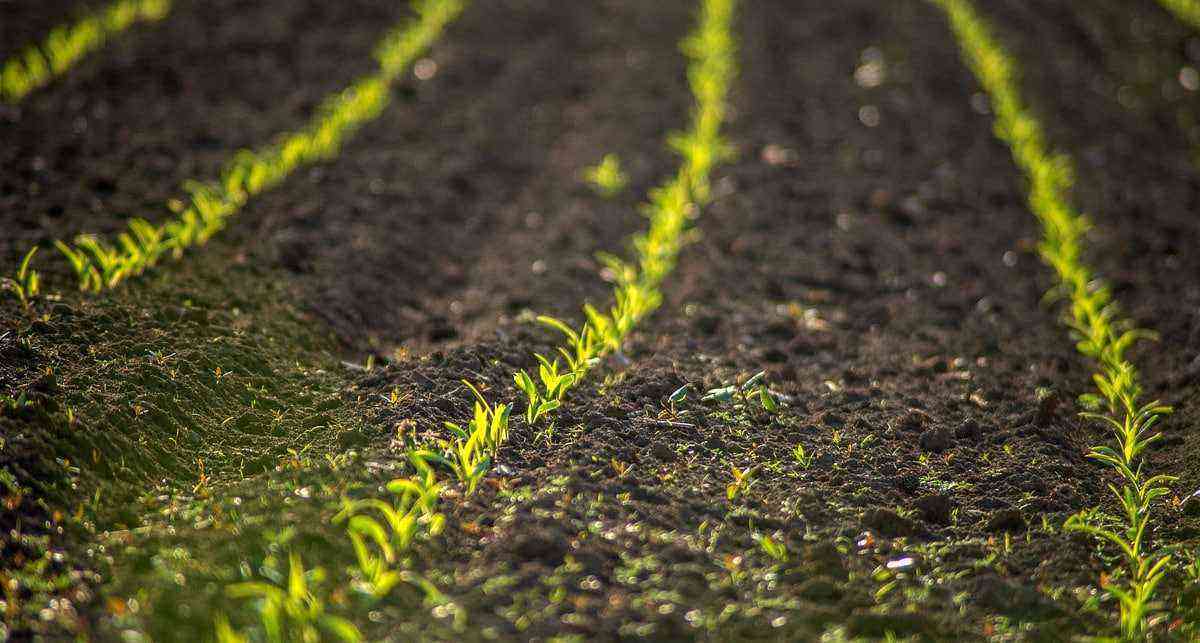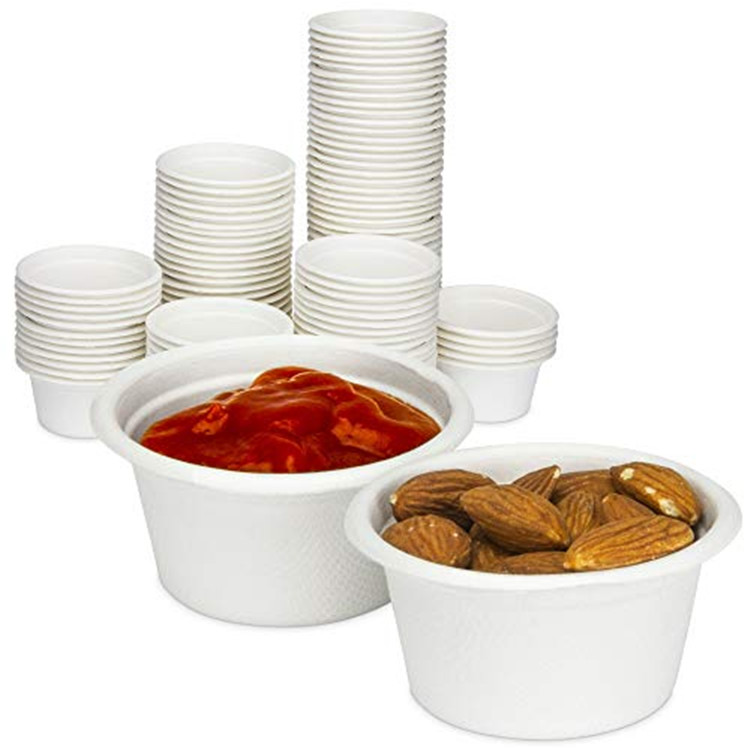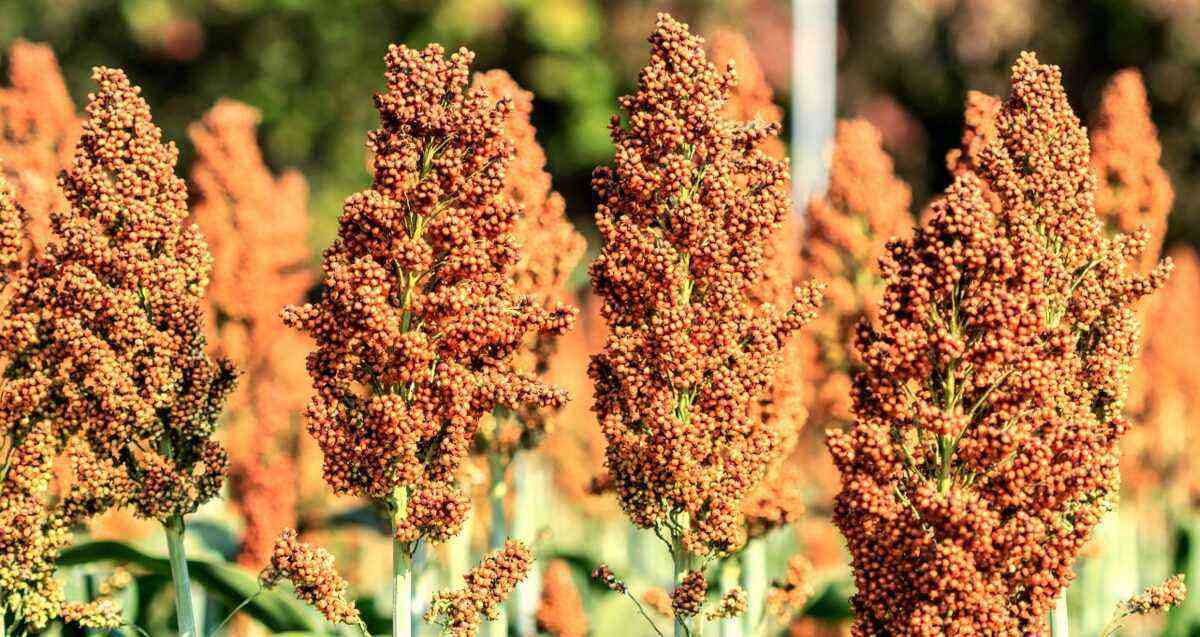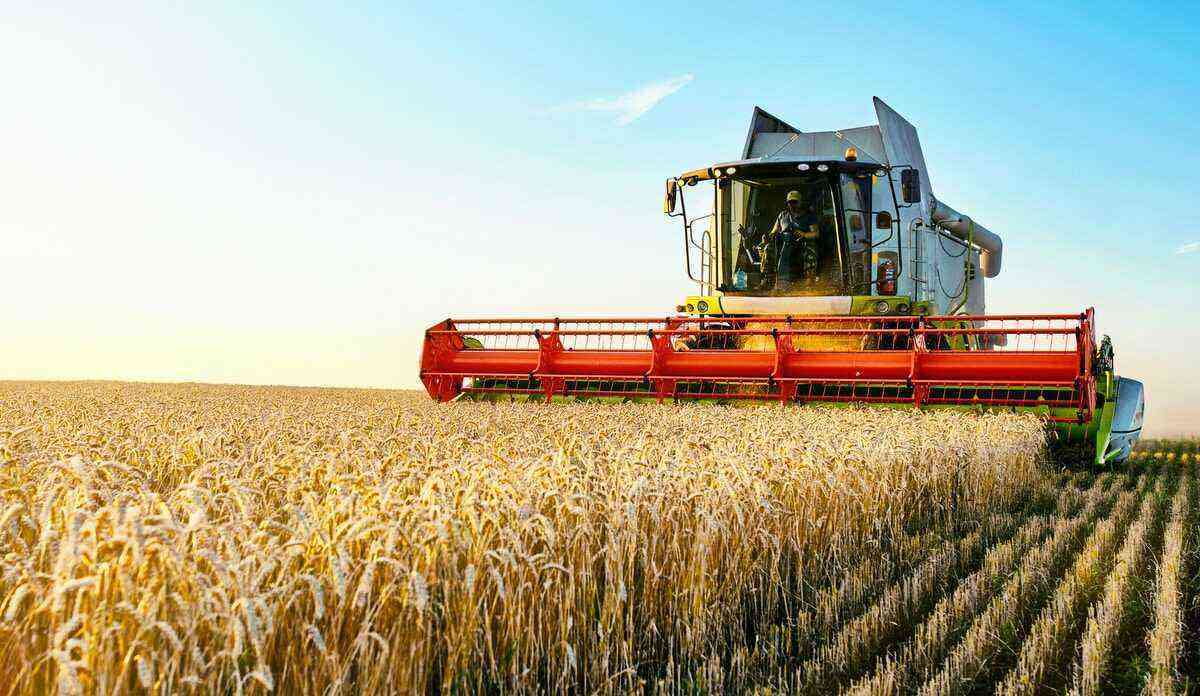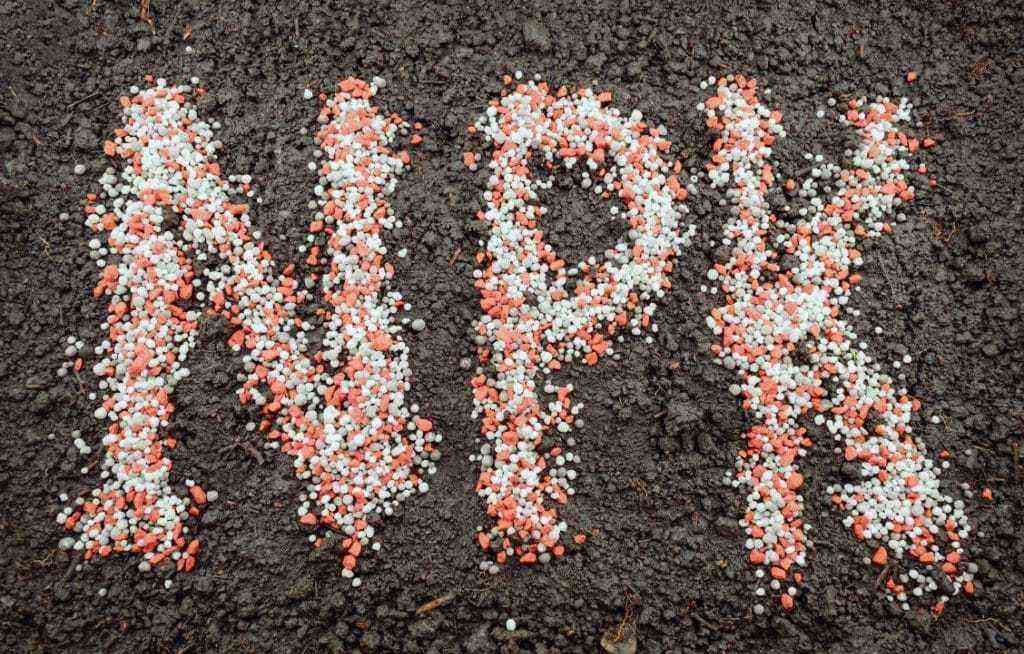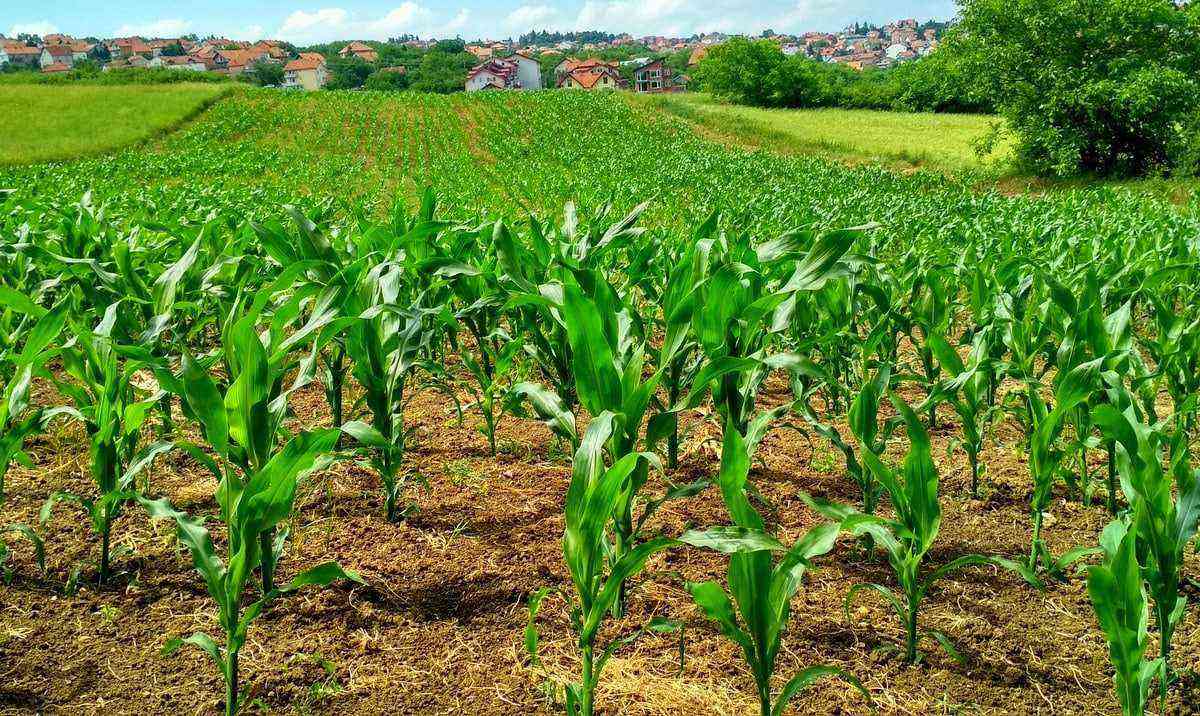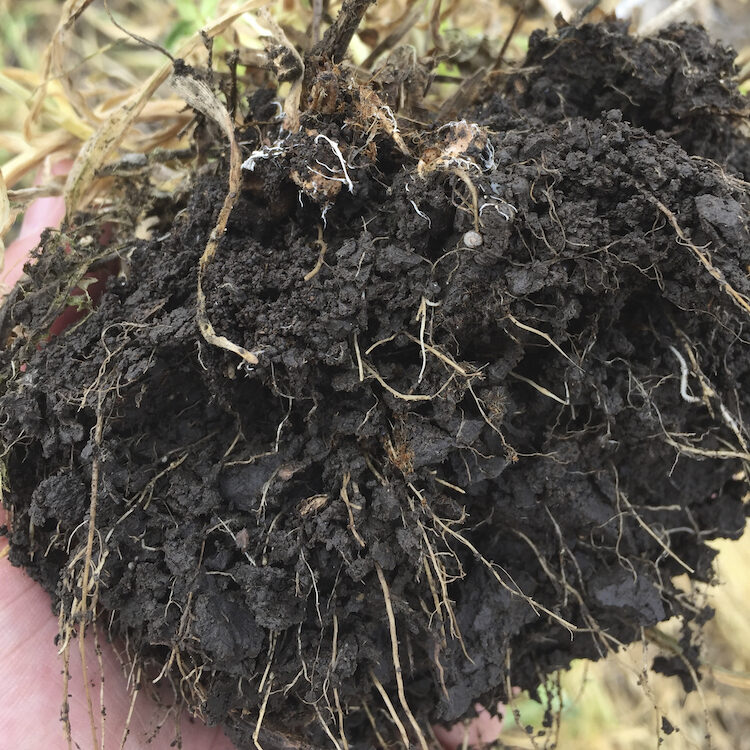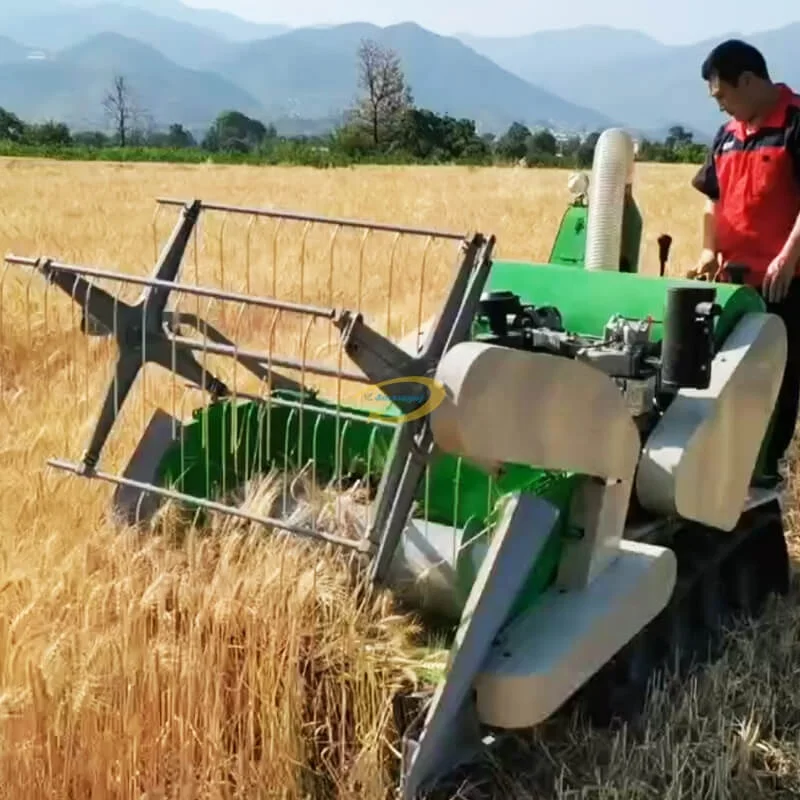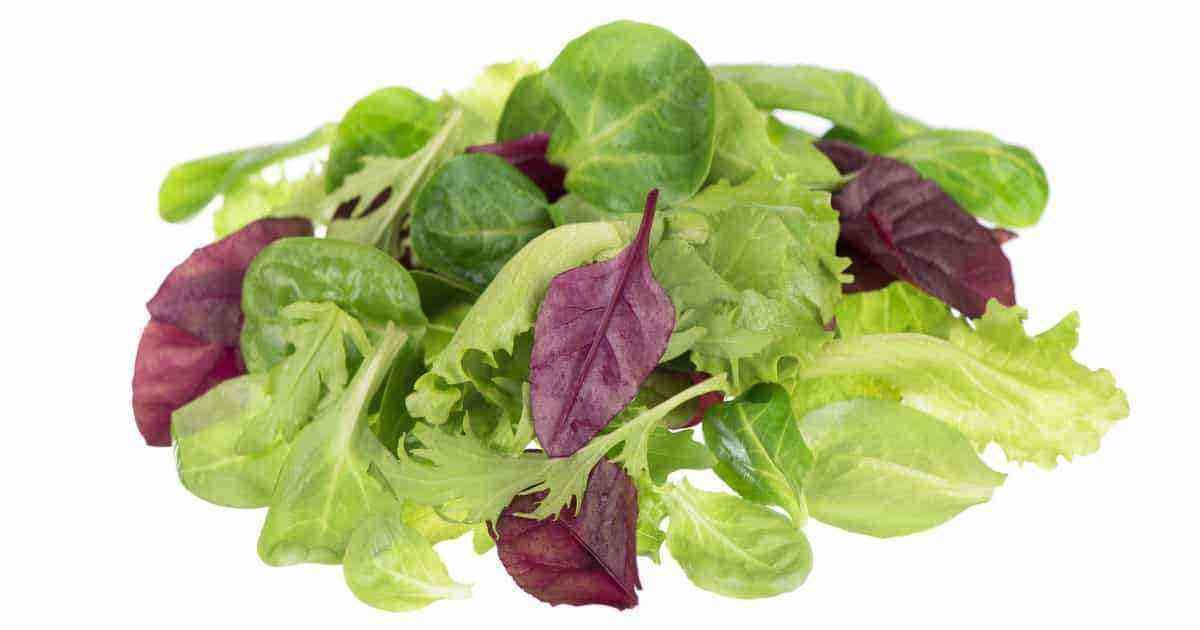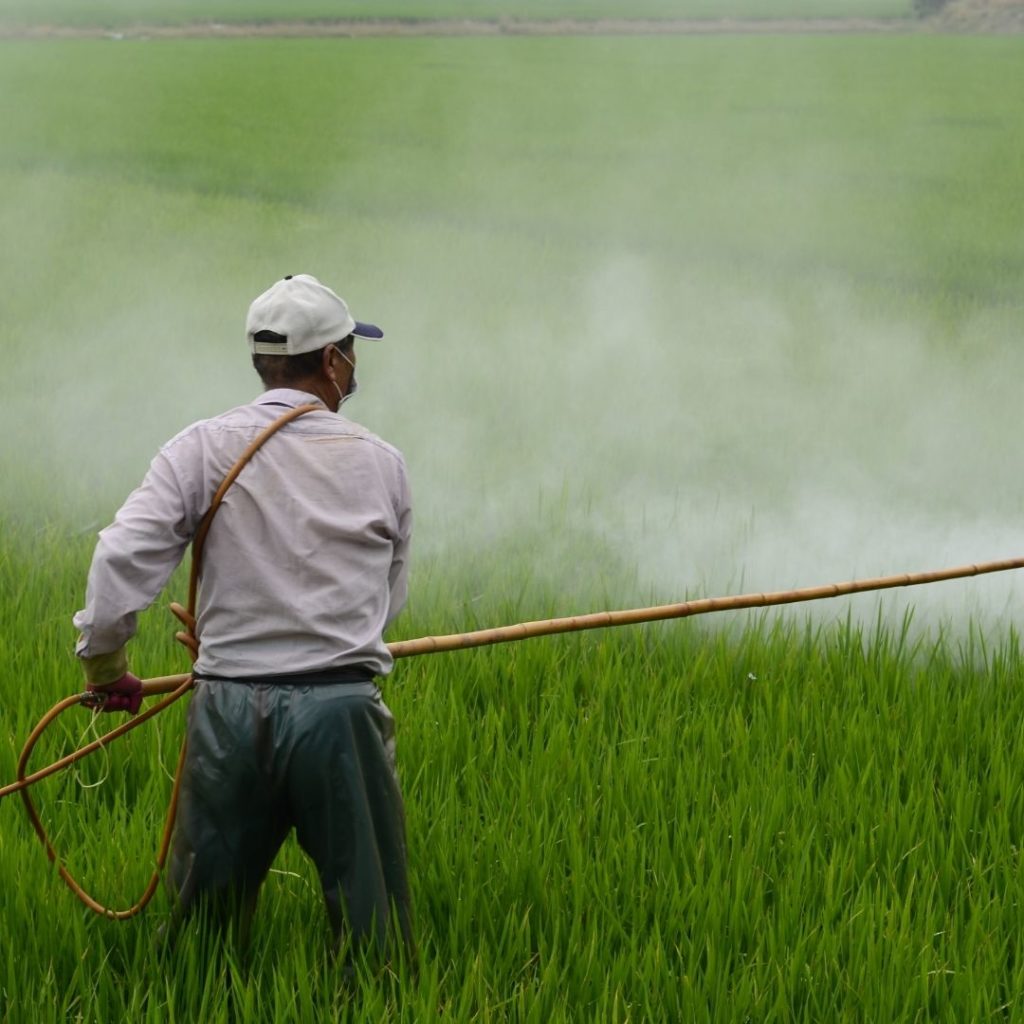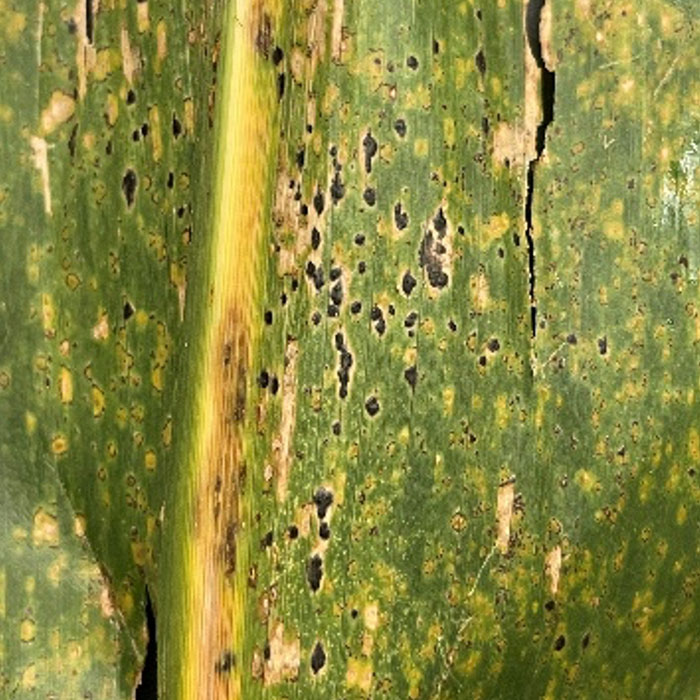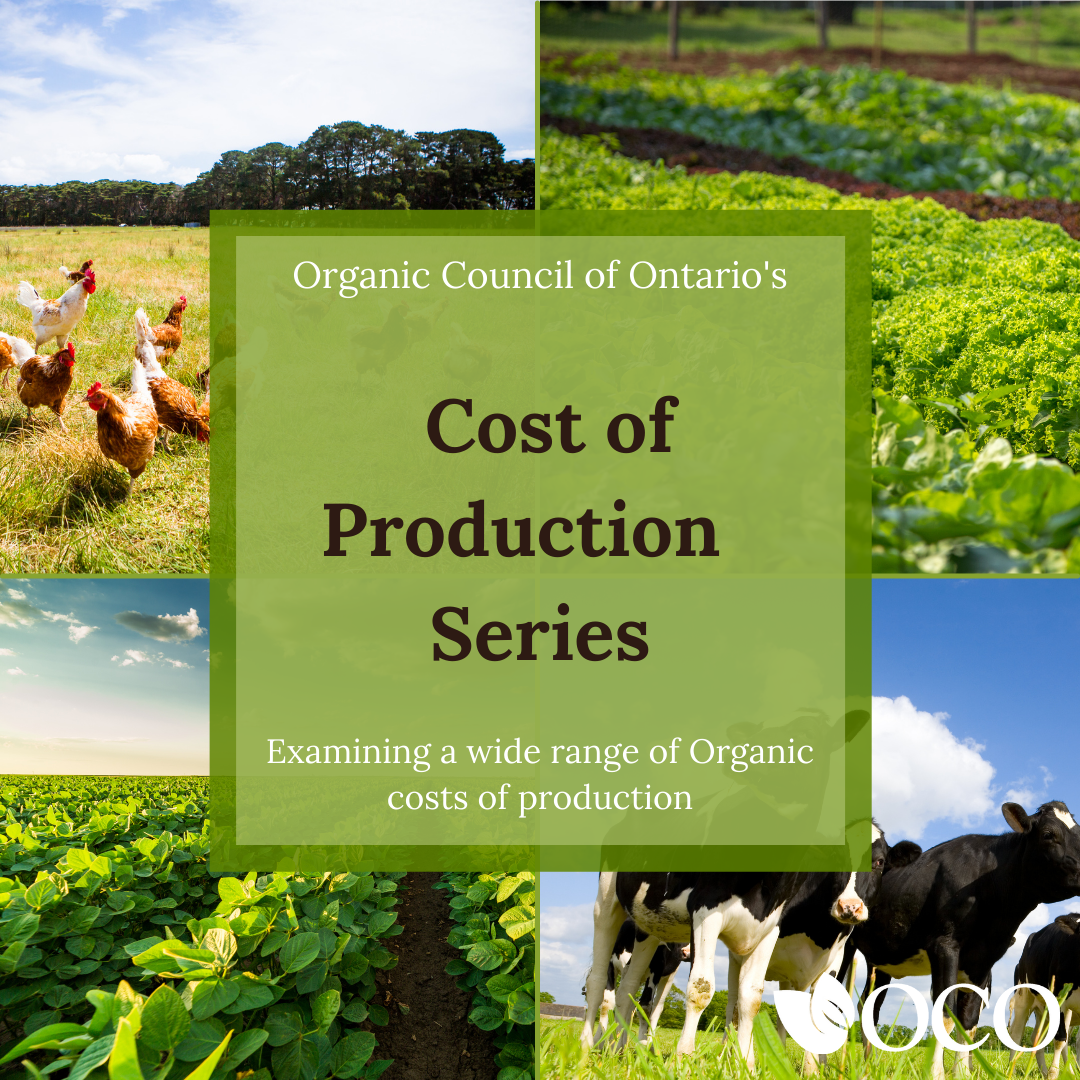Organic fertilizers, such as those produced from chicken manure, are becoming increasingly popular for those who have plantations or vegetable gardens.
The reason is simple: these substances contain organic matter capable of retaining water like a kind of sponge, reducing, in many cases, the need for constant irrigation.
Although it does not surpass chemical fertilizers in its nitrogen, phosphorus and potassium levels, chicken manure manages to guarantee the soil a better structure, which industrialized products are not capable of.
Curious to know how to make this fertilizer for your own use? So stay with us until the end of this article and catch up on all the details.
Benefits of compost made from chicken manure
Chicken manure is a source of macro and micronutrients that acts as a kind of soil “corrective”.
After all, when compared with other manure, such as cow or horse manure, it is rich in nitrogen, potassium, phosphorus and calcium, in addition to organic matter.
Chicken manure is rich in nutrients that are important for crops.
The addition of such substances to the soil increases the water holding capacity, improving aeration and drainage.
In addition, it reduces the risks of erosion and leaching, that is, the extraction or solubilization of chemicals from a rock, mineral or soil, by the action of a percolating fluid.
Organic matter also provides a constant food source for soil microorganisms. Finally, this increases the biological diversity of the same, accelerating the decomposition of nutrients, in more advantageous shapes and sizes for plants.
The use of organic fertilizer, made from chicken manure, also reduces the need to apply additional fertilizers, lowering the final cost of planting.
How to make chicken manure fertilizer at home?
If you already have chickens on your property, just use the bird litter. Such beds often contain residues, sawdust and dry leaves (or straw). The objective is to provide a kind of dry “cushion” for the animals, in addition to controlling odor and possible pests.
Thus, these materials, rich in carbon, can be collected together with the manure, filled with nitrogen and dumped in a compost box, kept in a place with plenty of sunlight.
In fact, there is a technical instruction issued by Embrapa back to poultry farmers, containing guidelines on how to manage the litter, after being removed from the aviary, to avoid the creation of flies.
Poultry litter is made up of waste generated from poultry farming, such as feed waste, feces, urine, feathers and straw.
Next, it is necessary to ensure the correct proportion inside the container. Simply put, the rule is usually to add one part of “brown” waste to two of “green” waste, where:
- brown waste: sawdust, dry leaves, cardboard and chopped newspapers;
- green waste: fruits, vegetables, grass and coffee grounds.
Afterwards, just water and use a shovel to mix all the materials well. It is also important to turn the compost pile every two to three weeks.
The average time for the chicken manure to be properly composted and the product to be ready is six to nine months.
But, if you are not used to the preparation of fertilizer and do not know how to analyze if the result has already been achieved, wait up to a year and use it normally. There’s no mistake!
How to use fertilizer made from bird manure?
The ideal is to be careful with the amount of fertilizer used in the plantation or vegetable garden because the manure is rich in nitrogen which, in high doses, can end up burning the plants and their roots.
The producer must be careful in the amount of fertilizer made from chicken manure to be applied.
To get all the nutrients correctly into the soil, apply about 18 kilograms of organic fertilizer for every 100 square meters of cultivated land.
To get an idea of the advantage of chicken manure, in this same area, 68 kilos of cow manure would be needed to make the correct fertilization.
It is also necessary to remember that plantations benefit from the application of fertilizer during two seasons:
- Autumn: the soil absorbs and breaks down nutrients so that they are available as soon as possible, making the planting season a success;
- Spring: Rapidly increases the nitrogen level of plants, helping them to grow strong and healthy.
In the video below, see tips on how to properly use fertilizer made from chicken manure:
Source: Mundo Verde Organic Garden.
How to ensure safety in the use of fertilizer?
Like dozens of other animal wastes, manure and chicken litter can harbor various pathogens, such as E. colo, Salmonella and Cryptosporidium (a diarrhea-causing agent and water contaminant).
Thus, to reduce the risk of disease in humans, livestock and pets, it is important to ensure proper handling of chicken manure and the final product: fertilizer.
Among the main precautions are:
- Stored manure must be kept out of the reach of children and animals;
- Composting or aging must be carried out correctly and at the recommended time.
Remember that the fertilizer manufacturing process, made from chicken manure, will generate temperatures of around 70 degrees, enough to kill the aforementioned pathogens.
Great care must be taken when storing chicken manure and compost to prevent disease transmission.
In addition, waiting for the correct amount of time for manure to age in containers reduces populations of disease-causing microorganisms. They gradually die, thanks to changes in humidity, nutrient availability and temperature.
On the other hand, pathogens do not die over time, but are inhibited from reproducing, decreasing their population.
It is also recommended that chicken manure be applied about 90 days before harvesting crops that are not in direct contact with the soil (cucumbers, tomatoes, peppers, among others) and about 120 days before harvesting those that keep such contact (strawberry, carrot and lettuce, for example).
What plants is this fertilizer suitable for?
Despite its benefits, not all plants are favored with chicken manure fertilizer, such as blueberries, for example.
However, onions, garlic, dill and parsley can react well to fertilizer as long as the soil is treated during their growing seasons.
Among the crops that benefit most from the substance are tomato and eggplant, which grow with even more strength and flavor.
Swiss chard, lettuce, kale, arugula, cucumber, beets, potatoes and zucchini are also examples of nitrogen-loving crops. Therefore, they respond more efficiently to this type of manure.
Another tip is to use this type of fertilizer in fruit growing. In the video, check out how the so-called “chicken litter”, mentioned above, can be beneficial for growing strawberries:
Cast iron: Jardinet.
Would you like to know a little more about the subject? So, take the opportunity to access our article that talks about the importance of performing a proper soil analysis even before applying fertilizers.





